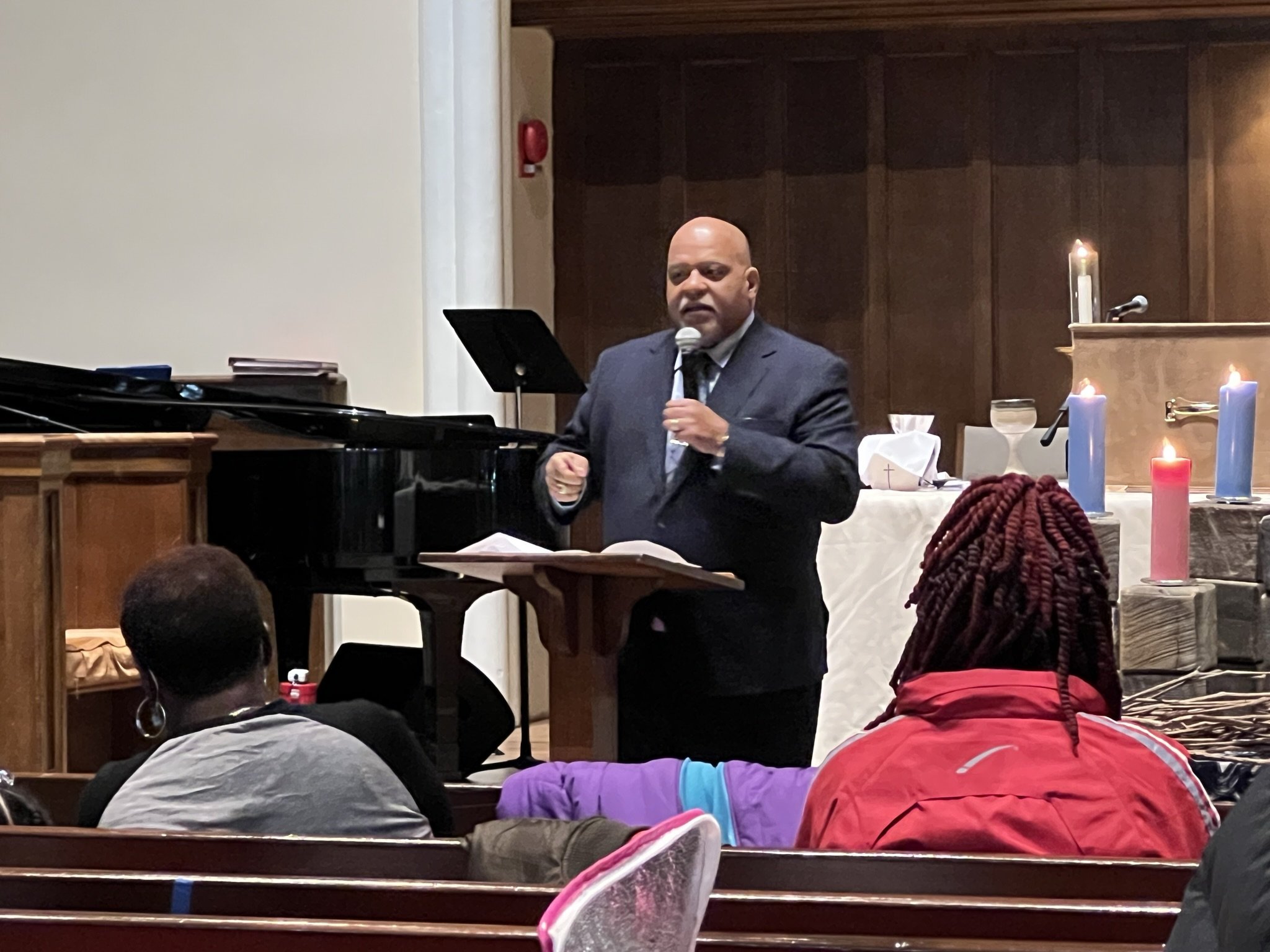Photo Cred: Miriam’s Kitchen
The Partnership to End Homelessness (The Partnership) is pleased to announce $395,000 in grants awarded to eight organizations and coalitions leading systems change efforts in DC. Selected nonprofits receive up to $50,000 in funding to support work to end homelessness and increase the supply of deeply affordable housing.
When we launched the Partnership to End Homelessness, we knew that to end homelessness we needed to focus on systems change. While philanthropic resources are limited, they can have an exponential impact when invested in the right places – specifically in efforts to transform structures, systems, policies and power dynamics that perpetuate racial inequities.
These investments in the infrastrucutre of advocacy and systems change organizations across the city have led to historic public sector investments in deeply affordable housing and ending homelessness. This wouldn’t have been possible without the work our grantees and partners do to build power in communities who have been disproportionately impacted by homelessness and housing instability.
Each year our grants prioritize funding for efforts that are developed and led by people with lived experience. These are people who are or have been directly impacted by homelessness and housing instability. Here’s what some of our grantees have shared about their work to build leadership and power in these communities.
Photo Cred: Miriam’s Kitchen
Miriam’s Kitchen
At Miriam’s Kitchen, we are committed to seeking input from our guests – the true experts on what it will take to end homelessness in our city. We believe that in order to truly create real change, we must move beyond simply gathering advice and feedback from our community. We need to create opportunities for leaders to raise their voices and to be heard. We must create space for our community members to learn, and grow, and feel supported. And, most importantly, we must allow leaders to lead. Community members deserve – and we know our work will improve when – they have true opportunities for leadership and decision making throughout our organization and across DC.
Last month, we launched the Guest Advisory Board, our newest (but certainly not our only) initiative to elevate guest decision making across Miriam’s Kitchen’s advocacy and programmatic work. We’re thrilled that this phenomenal group will meaningfully participate in Miriam’s Kitchen’s Strategic Planning process. With guest leaders comprising roughly half of our Strategic Planning Committee, we’re thrilled to see what comes of this powerful collaboration!
DC Fiscal Policy Institute
DCFPI leverages its analytic, legislative, and strategic capacities for systems change, building collaborative campaigns in partnership with grassroots groups, school leaders, service providers, and movement partners to amplify community voices and build community leadership in impacted communities. We elevate the lived experience of those unhoused, experiencing homelessness, and most harmed by unjust policies, centering them in our research, policy development, and advocacy. We do this to both enrich our work and ensure more unified and powerful voices advocating for collective goals that are reflective of and responsive to the experiences of residents facing racial and economic oppression.
DCFPI has an ambitious vision for the District—one of shared abundance and collective liberation, where Black and brown residents are able to live to their fullest. With our new strategic direction, we’re prioritizing our time and resources for partners rooted in Black, brown, and immigrant communities that have direct experience with the policy issues we work on – like those unhoused or experiencing homelessness – taking the time to deepen those relationships with an eye to longer-term, collaborative campaigns that can power more transformational change.
Housing Justice Grantees
DC Jobs with Justice
DC Fiscal Policy Institute
Empower DC
Fair Budget Coalition
Miriam's Kitchen
ONE DC: Organizing Neighborhood Equity
People for Fairness Coalition in partnership with Serve Your City
The Washington Legal Clinic For The Homeless Inc




































